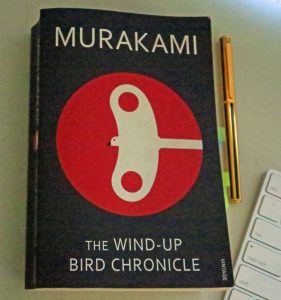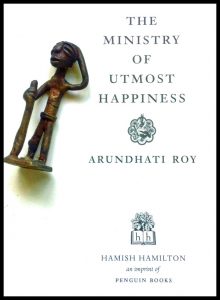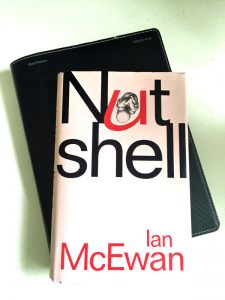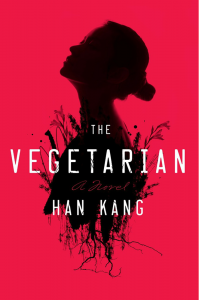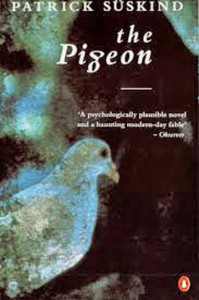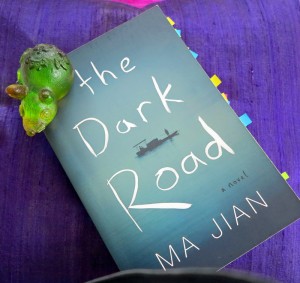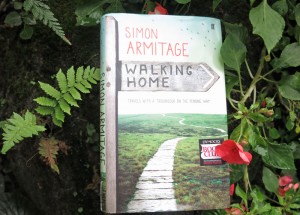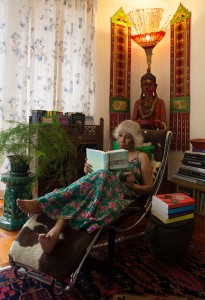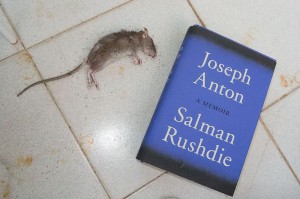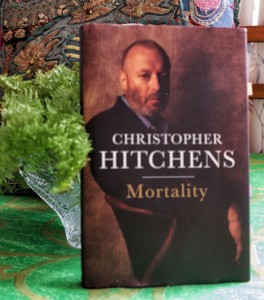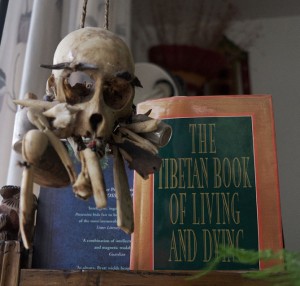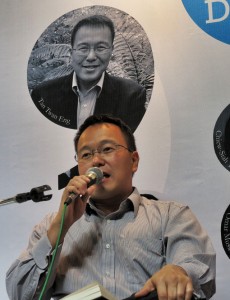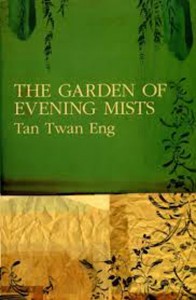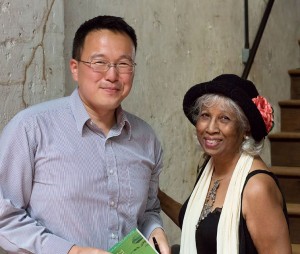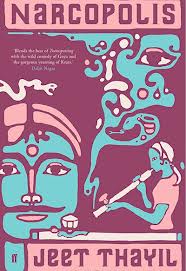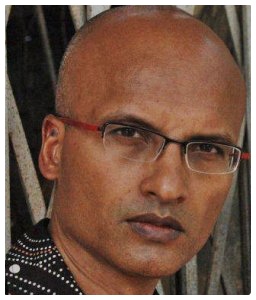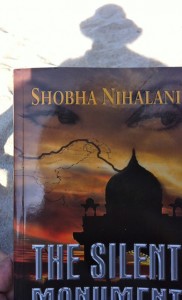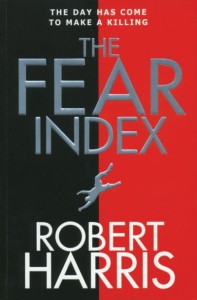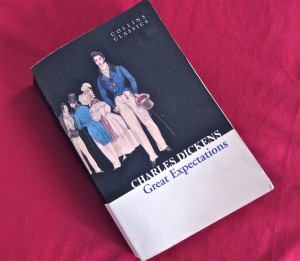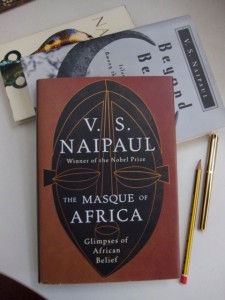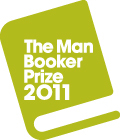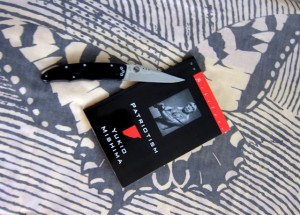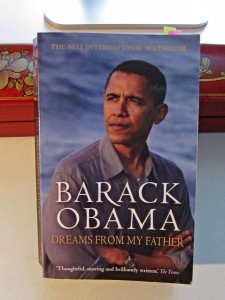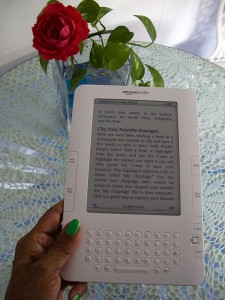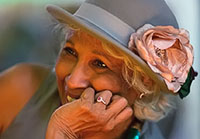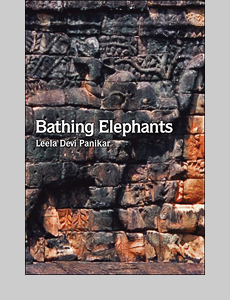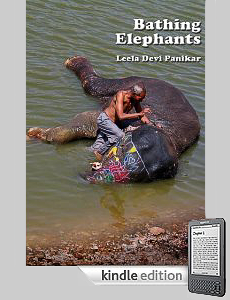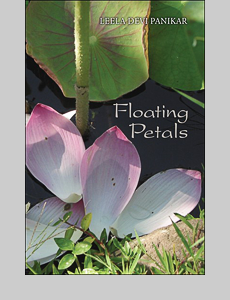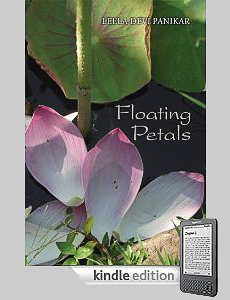THE GLASS CASTLE
The Glass Castle by Jeannette Walls
Memoirs do not interest me much but who can resist an introduction that begins like this:
“I was sitting in a taxi, wondering if I had overdressed for the evening, when I looked out the window and saw Mom rooting through a Dumpster…I was stuck in traffic two blocks from the party where I was heading. Mom stood fifteen feet away.”
I first read “The Glass Castle” in 2006. A couple of weeks ago I came across this intriguing opening again. Mid-way, 2018, time to read it again.
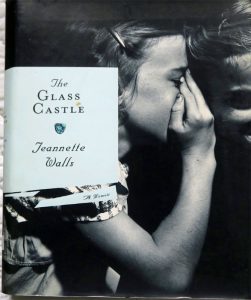
This memoir not for the faint-hearted.
A memoir not for the fainthearted.
This wild memoir of unusual easy going parents and their three daughters and a son, related by the second daughter, Jennette, reads like fiction. A family much in love, so together, and so desperately poor. In spite of the atrocious life they lead none of the children hate their parents or run away from home. They hardly ever rebel. They readily accept hardships and try their best to be of help to each other, make things better.
The father is intelligent, imaginative, creative. A dreamer who drinks excessively, gambles, draws elaborate plans to build a “Glass Castle” for the family, tries to discover gold, and researches to develop technology to burn low-grade bituminous coal more efficiently. To his favourite daughter, Jeannette, whom he calls “Mountain Goat”, he gives the best gift, the planet Venus in the sky. Nobody can take that away from her. He can accept any job and do it well. He often does but he gets easily bored, picks fights, gets drunk and leaves his job within a short time.
The mother, a teacher by profession, artist, poet, novelist does not believe in routine work, not even for a good wage and neither does she believe in selling any of her art-work. She’s is a free spirit.
The reader wonders how parents could bring up their children in utter poverty, allow their starving children scour rubbish bins for food, and clothes. There are times when they don’t even have drinking water. They are left to fend for themselves. The tough times they go through are due to the parent’s choice of a life style for the children. The children grow up independent. It would be easy to judgemental with our own ideas of parenthood. We find it disturbing to accept that parents who love their children, think they are doing the right thing letting a child as young as three fend for itself, believing it to be in the child’s best interest.
Both parents are able bodied and could find work easily. The children endure much hardship but are not sorry for themselves. When I read this memoir words like dysfunctional, or selfish or child-abuse did not come to mind.
“Loving, sweet, touching, heart-wrenching, sad, frightening, emotional, embarrassing, uplifting, annoying. Unbelievable” – a jumble of descriptions more suited.
The writing is interesting and sumptuous. Descriptions of even the most decadent times of their lives are sharp, detailed, colourful. During one family argument language that the father and the mother-in-law spit at each other is outrageous and hilarious. One comes across new terms of non-endearment too risqué to mention in this polite review.
There is humour too:
“We kept our sugar in a punch bowl on the kitchen table. This rat was not just eating sugar. He was bathing in it, wallowing in it, positively luxuriating in it, his flickering tail hanging over the side of the bowl, flinging sugar across the table.”
Sometime close to the end we learn this “Mom by the Dumpster” is not destitute, she has her collection of antique jewellery she keeps in a self-storage locker, she owns property in Phoenix and gets oil-lease royalties from her land in Texas. She always wears a two carat diamond ring the author and her brother found and gave to their mother.
An unbelievably true story that could easily be mistaken for fiction.
The Glass Castle by Jannette Walls
Published by Simon & Schuster, 2005









